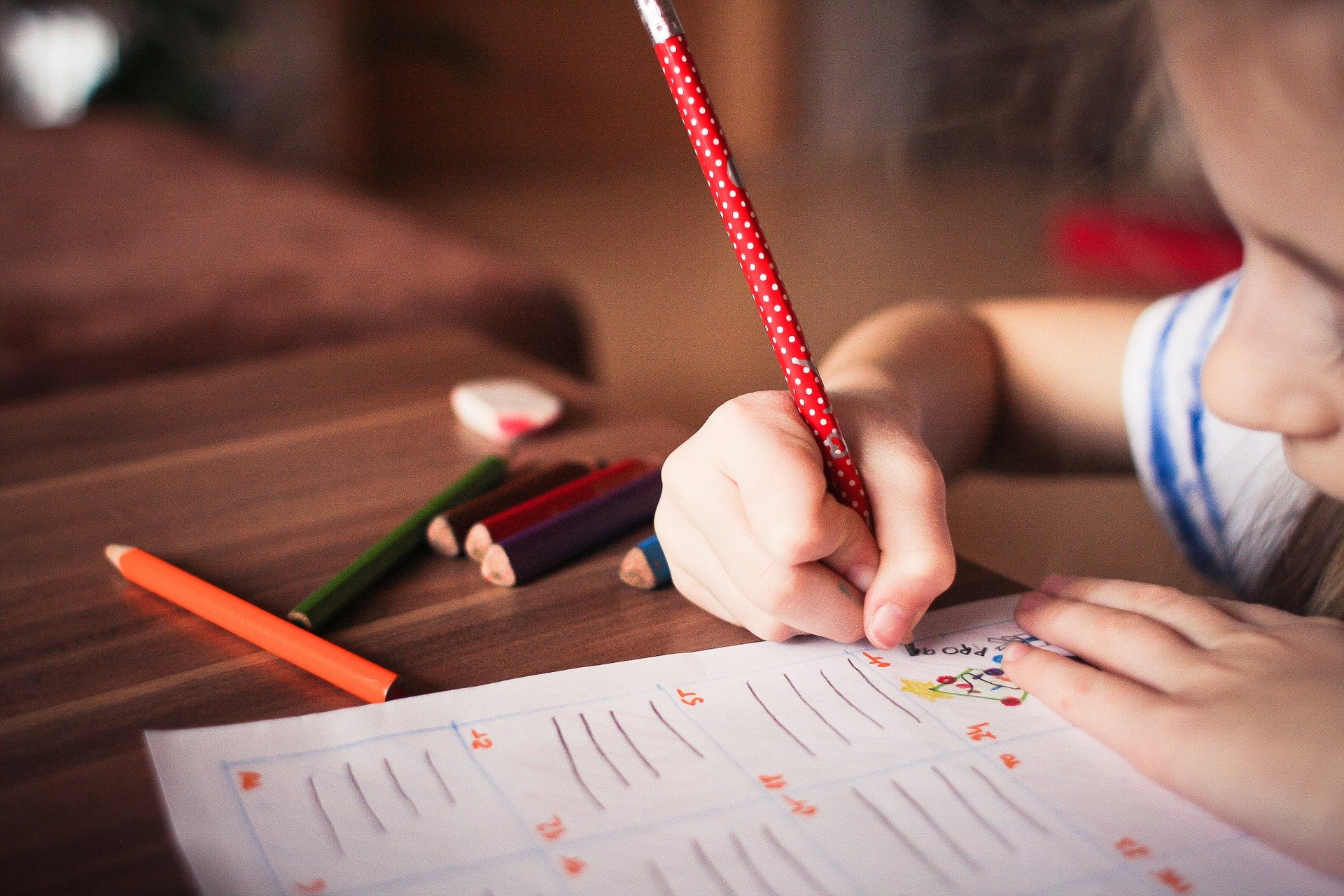It should be understood that schools do not need morals but ethics, i.e. pupils, especially teenagers, need to learn to reflect on their surrounding moral issues, as we have just discussed. Each pupil brings the morals received in their environment to school, which is by definition particular and reduced. If ethics is not taught at school, the class reinforces moral stereotypes by its inertia and, consequently, social differences. Therefore, students must learn ethics and reflect on the moral burden (almost in the Nietzschean sense) that they carry. This way, will they eliminate stereotypes and achieve the vision of a shared universal ethic, which is necessary for citizenship in a democratic society.
In a way, the school must offer each pupil something akin to the veil of ignorance suggested by the American philosopher John Rawls half a century ago. Ethics’ goal in school should be to ensure that each pupil can place himself in a hypothetical future, abstracting from their present situation. He would not know his position there, whether male or female, black or white, poor or rich, aggressor or aggressed, young or old, etc., and he can make moral decisions there. Schools have the most transcendental task: to universalise morality through the study of ethics in the classroom. Otherwise, we risk submerging ourselves in identitarian righteousness that can be very dangerous for coexistence.

Schools have the most transcendental task: to universalise morality through the study of ethics in the classroom
Ethics, like coronavirus, knows no borders and is no respecter of persons. If this pandemic has served us for anything, it has been precisely to shake off our differences and put ourselves in everyone’s place because, like ethics, it affects everyone. Ethics helps us to establish moral evidences that always weigh and everywhere. If the school does not do this, it will have failed in its primary functions; it will have become demoralised.
You might also like











Leave A Comment